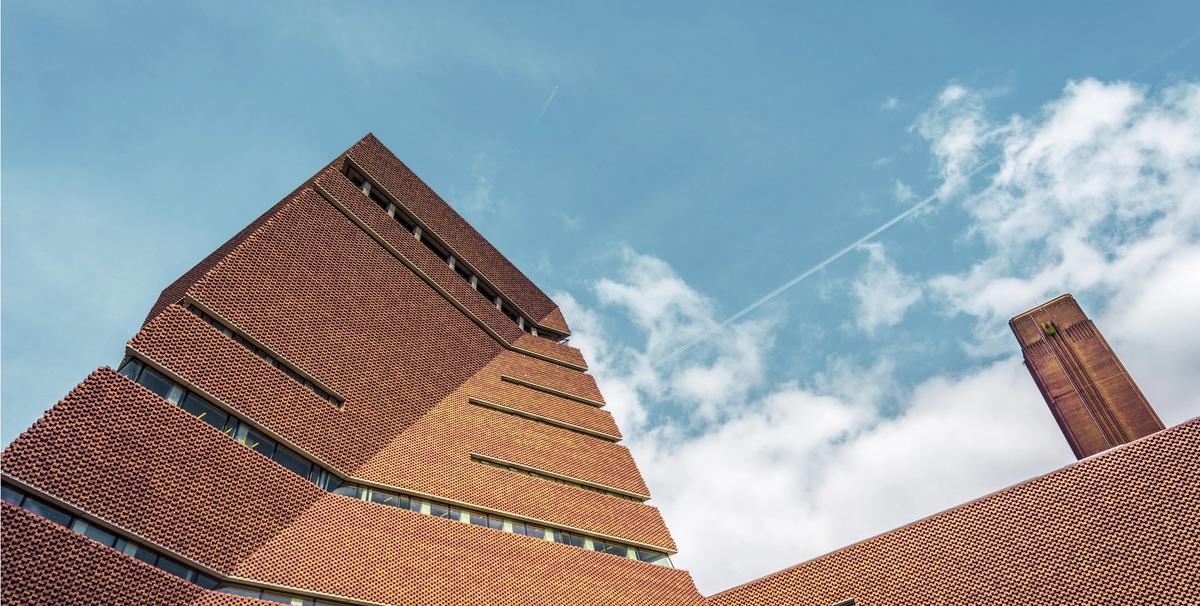Herzog & de Meuron, the Swiss architecture firm behind the ambitious Tate Modern extension, took a reduced fee for work on the building project after costs went £45m over budget.
According to documents obtained by the Architect’s Journal under the Freedom of Information act, Herzog & de Meuron was asked not to take its full fee for extra work on the 10-storey building, which went from costing £215m in 2012 to £260m in 2015.
“Conversation at a senior level indicates that [Herzog & de Meuron] will look sympathetically on this position, but that costs have already been incurred to a certain level, which will require some recompense, allowed for in the figures budgeted,” read the minutes from a Tate board of trustees meeting held in July 2015.
According to a spokeswoman for the Tate, Herzog & de Meuron was paid in full for work undertaken as part of the original contract for Switch House, which was renamed Blavatnik Building in May this year. But after the project ran over schedule, the fee for the additional work was renegotiated.
“The basic fee was a lump sum fee, which was paid in full,” the spokeswoman says. “The fees being discussed in the minutes are additional fees for additional services in connection with the extended construction programme. Herzog & de Meuron agreed to reduce these additional fees to cover the basic cost of resourcing the project to completion.” The architecture firm declined to comment.
The extention project began in 2009 and was originally planned to open in time for the 2012 Olympic Games. The building, which has been hailed as the most important new cultural building in the UK since the British Library in 1998, eventually opened in June 2016, increasing the Tate’s floorspace by 60%.
According to the minutes, the project was also dogged by problems with some of the construction team, notably Seele, the company that manufactured and installed the windows, and Loveld, which provided the concrete cladding on the exterior of the building. At one point, litigation was considered.
“Satisfactory performance on contracts was reported, with the exception of Seele and Loveld, which remain the main issues for the project,” the July 2015 minutes read. Neither company responded immediately for comment.


